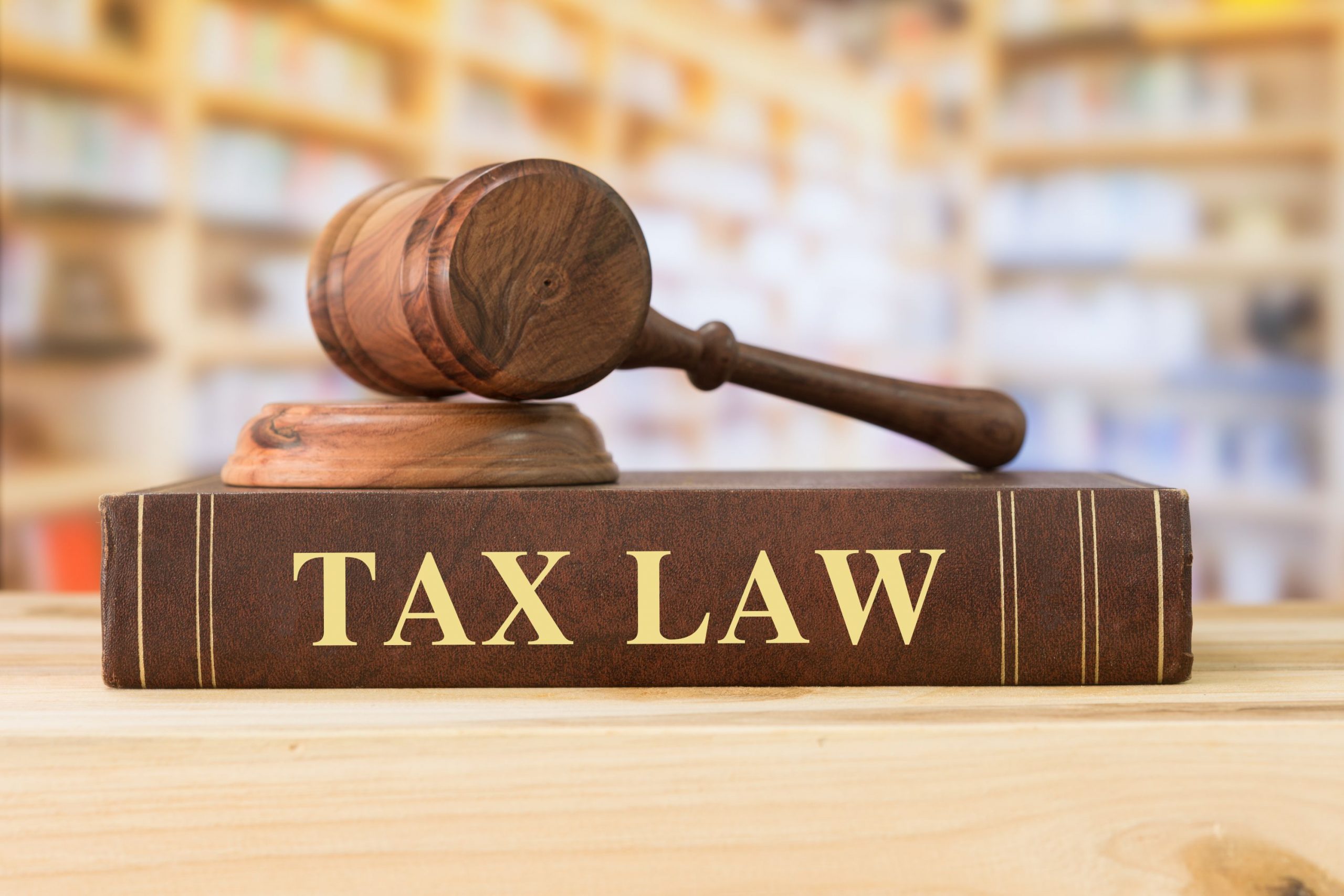The divorce process is an emotional time for everyone involved. It will not only affect the individuals who are getting divorced, but it will also have an effect on their children. A divorce process, in the eyes of the court, is something that should be completed quickly to avoid further turmoil. When a divorce is final and there is no hope of amicable resolutions, the divorce proceedings will continue until one of the parties dies, is remarried, or terminates the marriage. The divorce lawyer that is representing either party will work with all parties to make sure that the divorce proceeding will be as quick and painless for all parties as possible. There are a number of steps involved with the divorce process and a divorce lawyer will help guide you through these steps.
There are many different situations that can cause a court to believe that it may wish to modify or even vacate a divorce decree. For example, if a divorce process was already complete and a divorce decree was signed, but the couple was able to reach an agreement outside of the courtroom, then this should be considered. In some instances, once the divorce process is final and a divorce settlement has been reached, then the couple can part ways amicably. The divorce process can even reach the point where divorce mediation has been used. If both parties agree to divorce mediation, the divorce will be much quicker than if a judge ordered a divorce.
The actual divorce litigation will start after a divorce decree has been entered into the courts. If the spouses can agree on child custody (if applicable), alimony payments, the division of assets and other key issues, divorce litigation will move forward immediately. If not, divorce litigation will move forward through the family court system. In many instances, divorce litigation will move forward before the family court. This is because divorce litigation can take months or even years to resolve, and in the case of divorce litigation involving children, it can even take several years.
After a divorce decree has been entered and a divorce court has ordered child custody and visitation scheduled, then the process of getting a divorce finalized begins. Once the divorce paperwork is filed with the proper authorities (local courthouse or state courthouse), a divorce court hearing will occur. During this hearing, a judge (or, if a divorce is contested, a justice of the peace) will review the divorce agreement and all related documentation. Along with this paperwork, there will also be several divorce attorneys (and, in some instances, additional divorce attorneys) who will argue various points of contention regarding the divorce decree and any associated orders (e.g. spousal support, child support, spousal/child visitation, child support modification, etc.
Once the divorce hearing has concluded (usually through a written divorce decree), another set of divorce procedures will begin. Among these procedures, the divorce petition will be filed with the court that had issued the original divorce order. The divorce complaint will then be submitted to  the clerk of court for review. If the divorce court decides that the former spouse (the one who filed for the divorce) is the spouse to whom the property must be awarded, then a default judgment (a formal judgment that states that the plaintiff is the defendant and requires it to award the requested assets to that party) will be entered and a warrant for arrest will be filed with the Florida state police, said lennonfamilylaw.org.
the clerk of court for review. If the divorce court decides that the former spouse (the one who filed for the divorce) is the spouse to whom the property must be awarded, then a default judgment (a formal judgment that states that the plaintiff is the defendant and requires it to award the requested assets to that party) will be entered and a warrant for arrest will be filed with the Florida state police, said lennonfamilylaw.org.
Once all of the required documentation has been submitted to the clerk of court, the parties are legally required to attend a divorce hearing, at which time the judge will issue a divorce order. It’s important to note that once a divorce is finalized in the state of New York, no marriage is considered null and void after it has been processed. This means that even if a previously married individual re-marries (without divorce court approval) the previous marriage is still enforceable in the eyes of Florida state law. In other words, even though someone might have divorced from you in another state, the fact that you lived together before the marriage is relevant to the new York divorce proceedings. New York divorce lawyers can explain all of the finer details pertaining to this process.
 cases involve the negotiation of tax debts with the IRS.
cases involve the negotiation of tax debts with the IRS. An IRS audit can be an intimidating experience for all taxpayers, including those who are merely concerned about an unpaid tax bill, said
An IRS audit can be an intimidating experience for all taxpayers, including those who are merely concerned about an unpaid tax bill, said  When tax audits occur, many taxpayers attempt to resolve the issue themselves. However, without appropriate legal guidance, such self-representation can lead to further IRS problems. An audit is not an isolated incident. The agency often reviews its tax collection policies and practices, making future audits a frequent possibility. A tax attorney in Nashville can advise his client on how to handle future IRS auditors.
When tax audits occur, many taxpayers attempt to resolve the issue themselves. However, without appropriate legal guidance, such self-representation can lead to further IRS problems. An audit is not an isolated incident. The agency often reviews its tax collection policies and practices, making future audits a frequent possibility. A tax attorney in Nashville can advise his client on how to handle future IRS auditors. A divorce lawyer practices civil law within the parameters of family courts. This area can be flooded with life-shaping decisions and emotions. As such, a divorce lawyer should carefully and delicately handle a host of complex family law matters from divorce, matrimonial, marriage and other civil matters. There are two types of lawyers practicing in the state of Missouri. One is a generalist who deals in all aspects of family law matters and may work independently or in an attorney’s office. The other type of lawyer is a divorce and marriage lawyer who focuses his or her practice on a specialized area of the law such as divorce involving children, family law, or family matters such as adoption, spousal abuse, or juvenile delinquency.
A divorce lawyer practices civil law within the parameters of family courts. This area can be flooded with life-shaping decisions and emotions. As such, a divorce lawyer should carefully and delicately handle a host of complex family law matters from divorce, matrimonial, marriage and other civil matters. There are two types of lawyers practicing in the state of Missouri. One is a generalist who deals in all aspects of family law matters and may work independently or in an attorney’s office. The other type of lawyer is a divorce and marriage lawyer who focuses his or her practice on a specialized area of the law such as divorce involving children, family law, or family matters such as adoption, spousal abuse, or juvenile delinquency.
 same fees as lawyers. When making an appointment, you can discuss the type of trustee that will be best suited for your child.
same fees as lawyers. When making an appointment, you can discuss the type of trustee that will be best suited for your child. A Divorce Attorney is an attorney who helps you with your divorce process. There are several different types of divorces, and a lawyer can help you pick the right type for your needs. Some divorces include custody, some require joint ownership of a home, and some require alimony or a division of assets and responsibilities among the two parties. Divorce attorneys specialize in particular areas of the law, and it is important to choose an attorney that specializes in the area of law in which you need help. Here are some tips to keep in mind when looking for a divorce lawyer.
A Divorce Attorney is an attorney who helps you with your divorce process. There are several different types of divorces, and a lawyer can help you pick the right type for your needs. Some divorces include custody, some require joint ownership of a home, and some require alimony or a division of assets and responsibilities among the two parties. Divorce attorneys specialize in particular areas of the law, and it is important to choose an attorney that specializes in the area of law in which you need help. Here are some tips to keep in mind when looking for a divorce lawyer. If you are a resident of the state of Florida and have problems with the Internal Revenue Service (IRS) and your problems with the Internal Revenue Service (IRS) go to an
If you are a resident of the state of Florida and have problems with the Internal Revenue Service (IRS) and your problems with the Internal Revenue Service (IRS) go to an  A tax attorney or tax law is basically an area of specialized legal study wherein a tax agency, including a government entity, or a court, uses a body of specific rules and regulations to determine and assess taxes for a client. The laws and regulations usually apply to personal income taxation only and are very complex, requiring the help and expertise of an attorney to ensure that they are properly implemented by the government, and if there are any errors made, rectified before it can affect the outcome of the case. There is no general legal rule for tax attorneys to follow – the role and authority of each are determined by individual states and the IRS.
A tax attorney or tax law is basically an area of specialized legal study wherein a tax agency, including a government entity, or a court, uses a body of specific rules and regulations to determine and assess taxes for a client. The laws and regulations usually apply to personal income taxation only and are very complex, requiring the help and expertise of an attorney to ensure that they are properly implemented by the government, and if there are any errors made, rectified before it can affect the outcome of the case. There is no general legal rule for tax attorneys to follow – the role and authority of each are determined by individual states and the IRS.